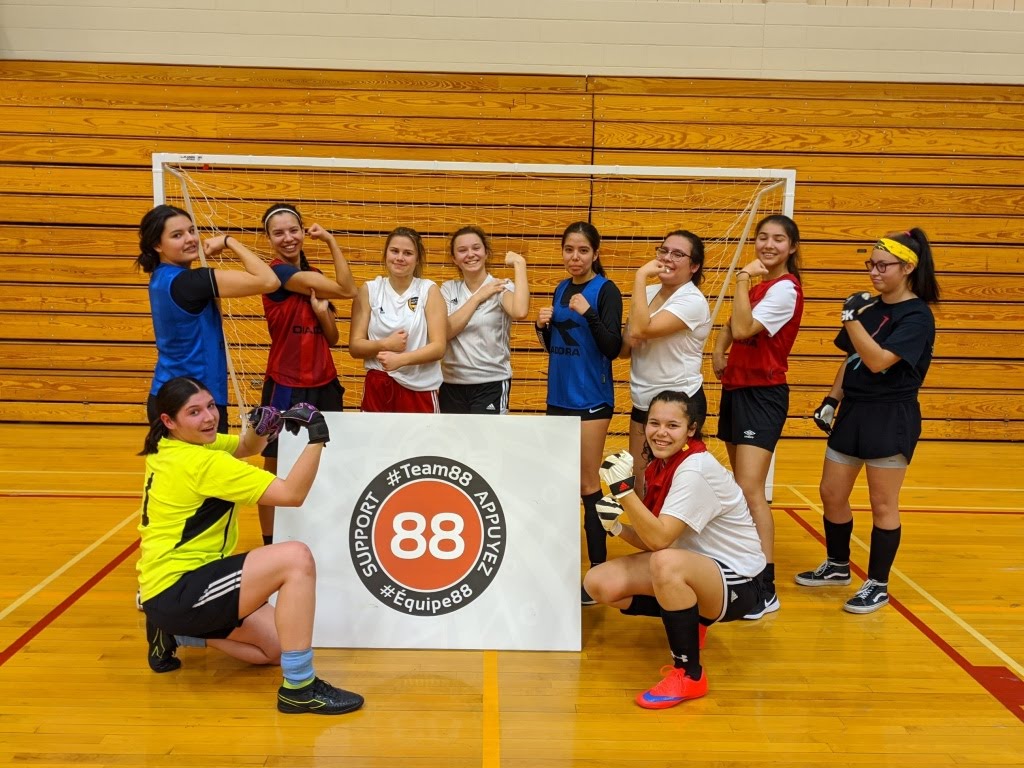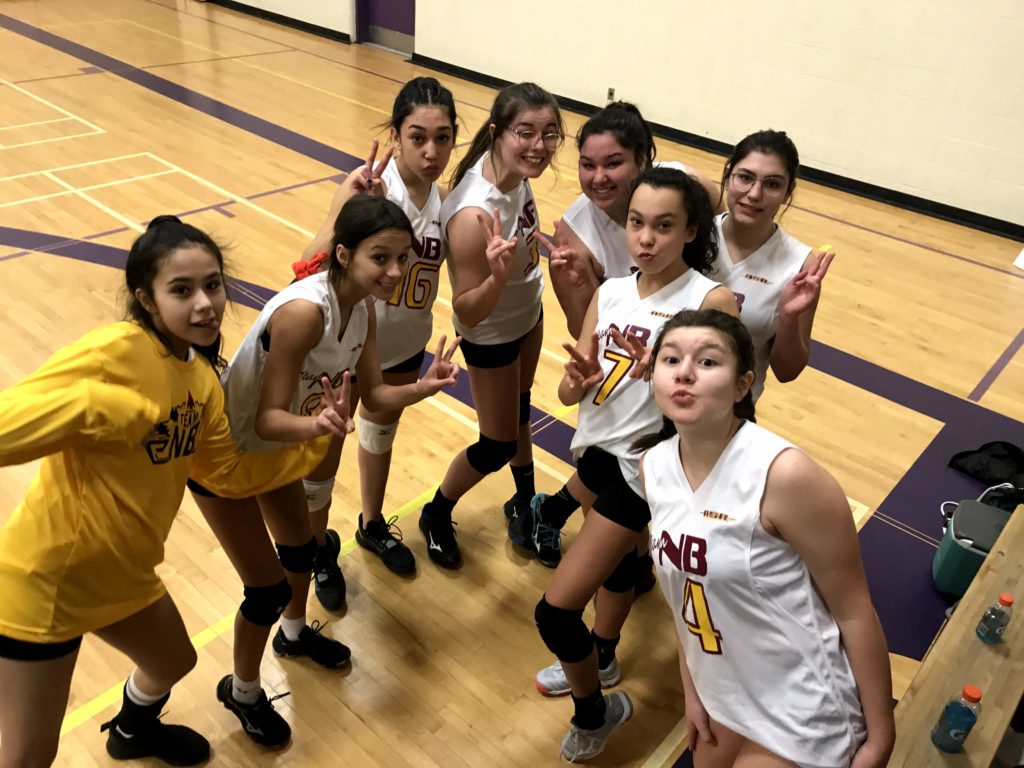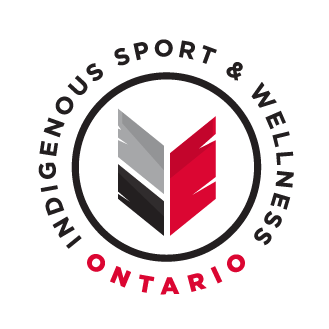Getting Girls in Sport

It’s no surprise to hear that females (of all ages) often encounter increased barriers to sport participation than their male counterparts. Not only is there an abundance of opportunities and no shortage of encouragement for male participation in sport, but females also face additional and sometimes different, forms of psychological and social obstacles to participation in sport.
For Indigenous females, these obstacles can double and sometimes triple in numbers because of the gaps in programming and services that are an ongoing challenge for Indigenous Peoples across the province. In a 2001 study entitled Aboriginal Children’s Participation in Sport in Canada, it was discovered that children living off-reserve had higher rates of sports participation than did children living on-reserve. This means that youth in many Indigenous communities are not accessing, or do not have access, to recreational and competitive sport opportunities. Some of the most common barriers that have been identified include the lack of transportation and safety issues; social stigmas associated with being an athlete; cost; and a decreased quality of experience.
Did You Know?
- Only 1 in 3 girls between the ages of 6-12 participate in sport on a regular basis.
- 40% of teen girls are not participating in sports.
- Annually, boys receive 1.13 million more sport opportunities than girls.
(Statistics provided by the Women in Sports Foundation)
Sport provides more than just physical benefits. Research has shown that when youth, and specifically females, are involved in some form of recreational or competitive sports programming they develop strong leadership and communication skills; sport also helps develop cognitive thinking, an increased sense of identity and self-confidence and self-empowerment. In the first week of February, ISWO joined National Girls and Women in Sport Day and spoke with Indigenous girls and women of all ages to learn more about what they think sport can be for women and girls, and we wanted to share their quotes articulating their hopes and a vision for women in sport. You can read the Wellness Wednesday e-blast about National Girls and Women in Sports Day here.
What Sport can be for Indigenous Girls and Women
- A vehicle for self-discovery and personal development;
- A tool to help cope with emotions and encorage a positive mindset;
- An opportunity to meet new people, stay connected and create a support group;
- A chance to travel and see new places; A place where girls can change the stigma and challenge stereotypes;
- An opportunity to access or enhance post-secondary education;
- A way to connect with culture and community; and
- A way to end negative cycles of at risk-behaviour, perceptions and attitudes.
ISWO truly believes that sport has the power to changes lives and understands the important and vital role women and girls play within Indigenous communities. We challenge you to encourage all the females in your life to participate in some type of sport and support them in their journey.




